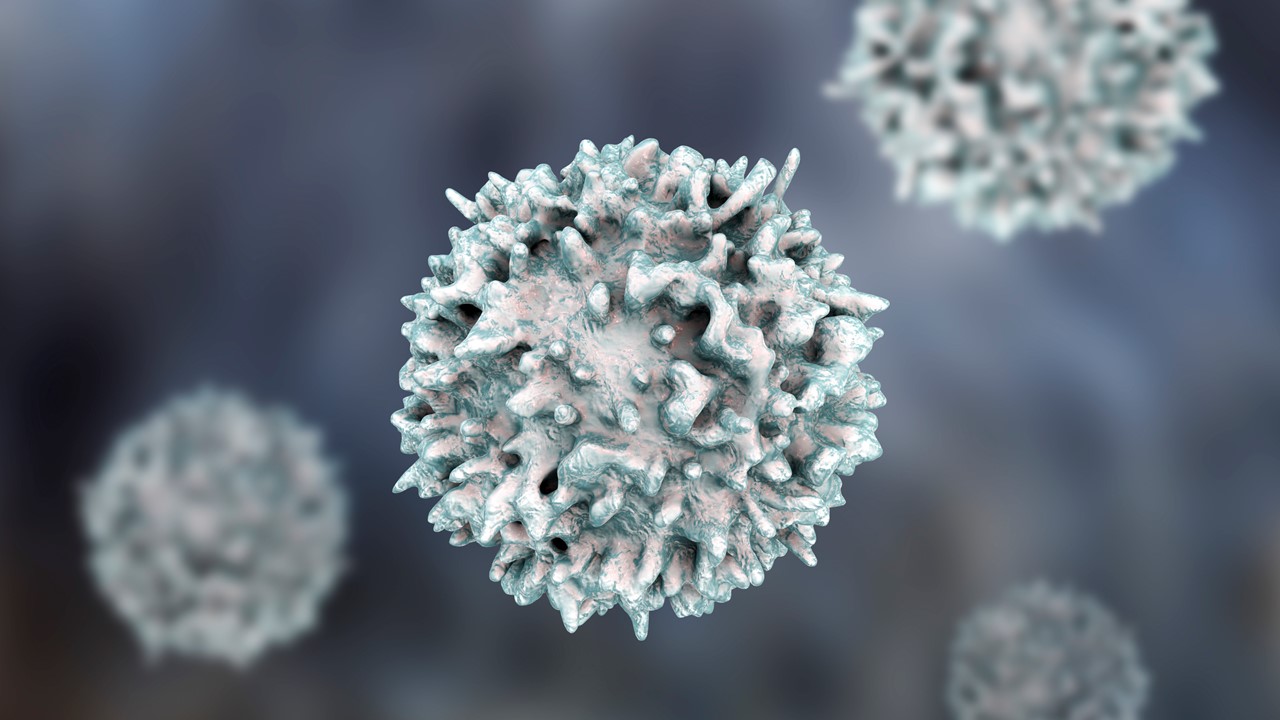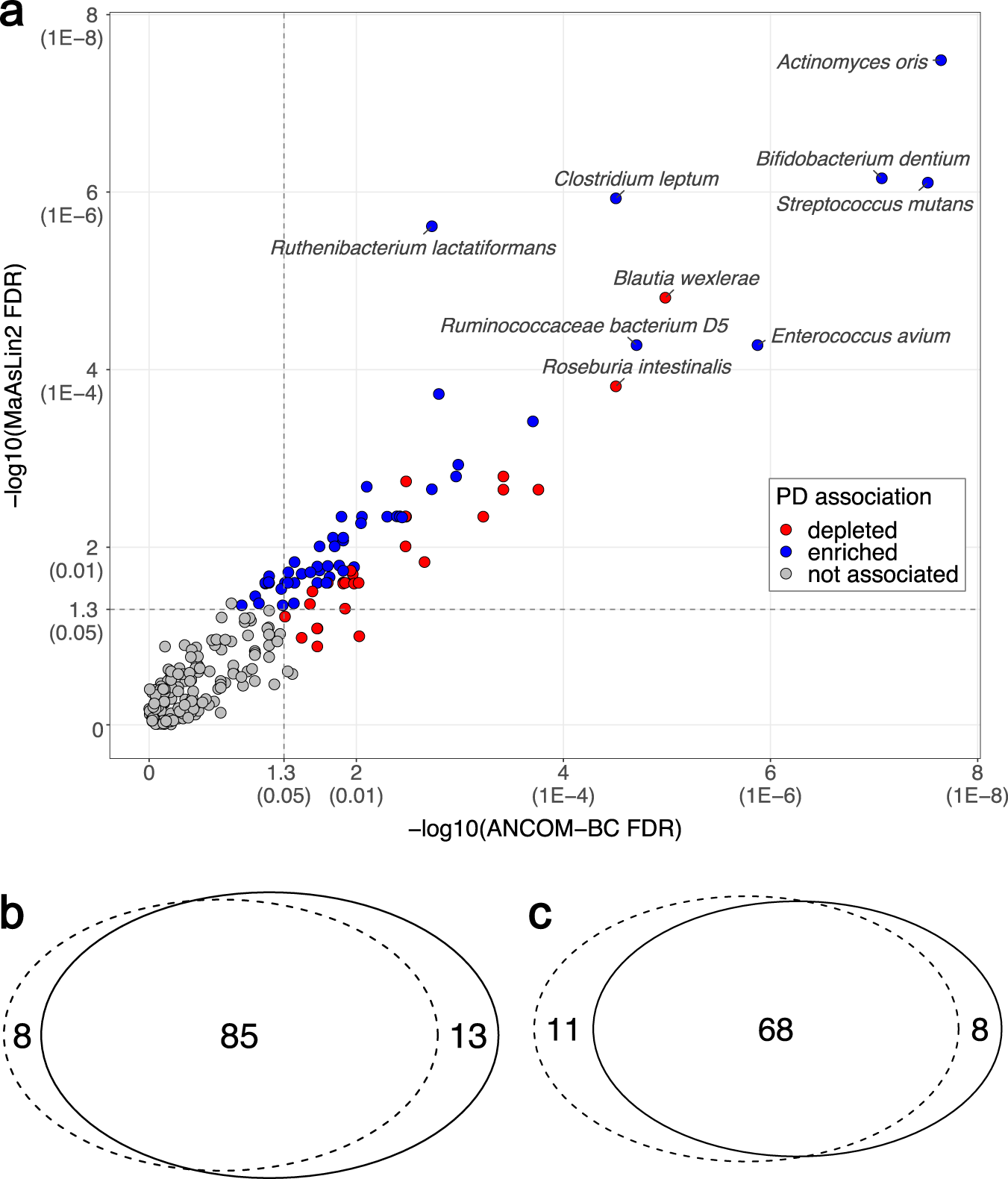
In experiments with mice and humans, a team led by Johns Hopkins Medicine researchers says it has identified a particular intestinal immune cell that impacts the gut microbiome, which in turn may affect brain functions linked to stress-induced disorders such as depression. Targeting changes mediated by these immune cells in the gut, with drugs or other therapies, could potentially bring about new ways to treat depression.
The findings of the study were published March 20, 2023 in the journal Nature Immunology.
“The results of our study highlight the previously unrecognized role of intestinal gamma delta T cells (γδ T cells) in modifying psychological stress responses, and the importance of a protein receptor known as dectin-1, found on the surface of immune c...
Read More








Recent Comments